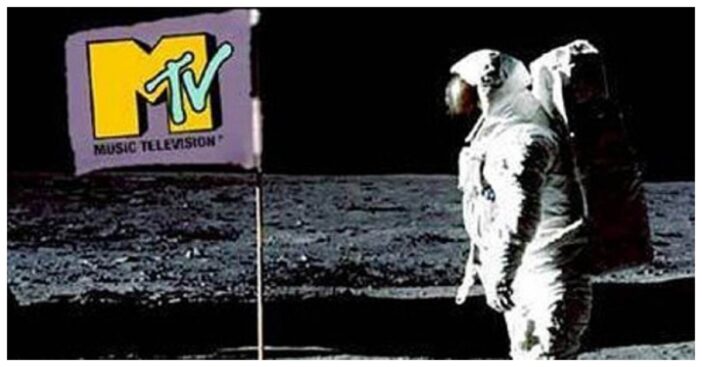
There was a time when three letters defined cool—MTV. From Madonna before social media to Nirvana before YouTube, MTV shaped music, fashion, and the very meaning of youth culture. For over four decades, it wasn’t just a network; it was a lifestyle that united teens across continents. The neon logos, the countdown shows, and the unforgettable moments made MTV more than television—it was the heartbeat of a generation.
Now, after more than forty years of shaping global pop culture, MTV is saying goodbye to part of its musical identity. According to Yahoo! Entertainment, MTV music channels shutting down marks the end of a cultural era that once felt untouchable. Paramount Global, MTV’s parent company, announced plans to close several long-running channels in the U.K. and parts of Europe by December 2025. The closures include MTV Music, MTV 80s, MTV 90s, MTV Live, and Club MTV. For millions of fans, it feels like saying goodbye to an old friend.
The Rise And Revolution Of MTV

When MTV launched in 1981 with the now-legendary phrase “honored guests, rock and roll,” it redefined how the world consumed music. The first video, “Video Killed the Radio Star” by The Buggles, symbolized a seismic shift—television had become music’s new stage. Through the ’80s and ’90s, MTV didn’t just broadcast videos; it built a shared global identity. Whether you tuned in for Yo! MTV Raps, TRL, or Headbangers Ball, the experience felt personal, electric, and endlessly new.

That golden era made stars and memories in equal measure. MTV was where audiences first saw Michael Jackson’s moonwalk, where pop met politics at the MTV Europe Music Awards, and where teens around the world discovered their musical heroes. Before social media, it was the great connector—a window into the sound and style of youth everywhere.
Why MTV Music Channels Are Shutting Down

The reason behind the MTV music channels shutting down is simple: the internet changed everything. Platforms like YouTube and TikTok gave fans instant access to music videos, removing the need for scheduled programming. In response, MTV shifted toward reality and celebrity-driven shows. While that pivot kept the brand alive, it gradually moved away from its musical roots.

Still, the emotional weight of these closures runs deep. The ending of channels like MTV Live and MTV 90s feels symbolic—a final curtain call for traditional music television. Even if MTV continues through award shows and streaming, its regional silence signals that an extraordinary cultural experiment has reached its closing act.
